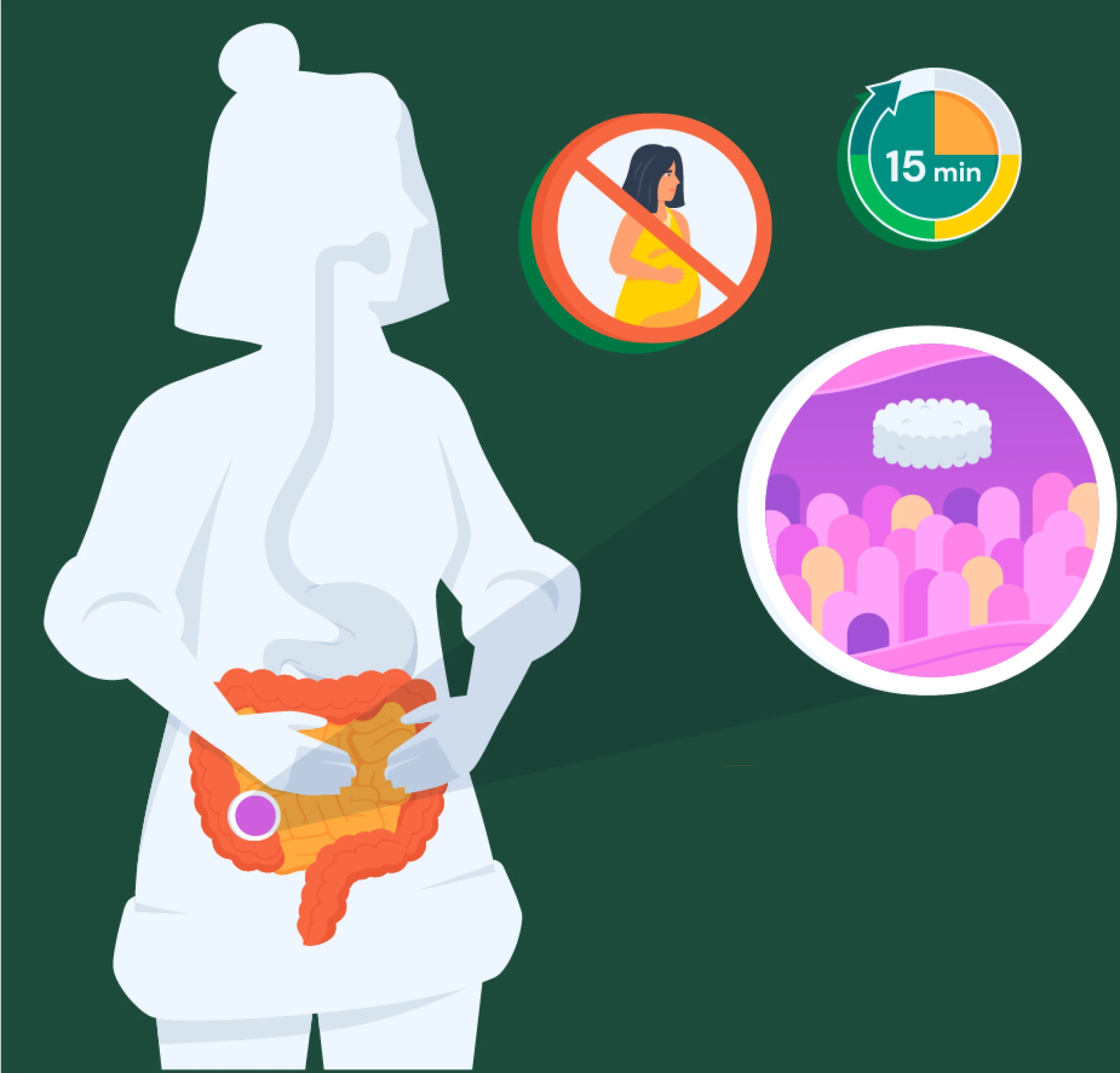Find out how you can adapt your diet to avoid foods that trigger discomfort.


Topic
When you feel butterflies or nerves in your tummy, does it lead to a flare-up of IBS symptoms? How about the stress of a big presentation? Sometimes, intense emotions impact on your stomach and trigger IBS or abdominal discomfort.
From euphoria to anxiety, your emotions can have a huge impact on your gut and your mind. Your stomach can reflect your emotions back to you as abdominal pain or IBS symptoms.
Moving home.
Changes in your life can be complicated and create uncertainty. Your gut feels it too.
A new job.
New opportunities and challenges can make you feel nervous. Your stomach feels those nerves.
Public speaking
The anxiety of speaking in front of a large number of people can feel like a knot in your stomach.
The brain and the gut are directly connected through the vagus nerve. This connection, linking 500 million neurons in the stomach to 100 billion neurons in the brain, works in both directions. It means that if something happens in one of them, the other one reacts. So, intense emotions will affect both your body and mind.
Now you know about the connection between your gut and your brain, pay attention to it. By taking care of one, you take care of the other.
Don't neglect your body
Learn about your body and how to soothe it.
Identify those intense moments or emotions that can cause your stomach ache and avoid them when you can.
Adapt a healthy diet
Avoid eating greasy food or fizzy drinks that can trigger IBS symptoms and abdominal discomfort.
The gut is sensitive to a wide variety of emotions, including anxiety, happiness, sadness, anger, euphoria, fear, and more. Feeling these kinds of emotions could have an effect on your gut and make you feel knots, pain or IBS symptoms.
Intense emotions or stress can cause discomfort in the gut. That discomfort can sometimes trigger pain or IBS symptoms.
Buscopan® IBS Relief can help ease IBS cramping pain because it relaxes the smooth muscles, targeting pain at its source.

.webp 0w)
Learn more about stomach pain